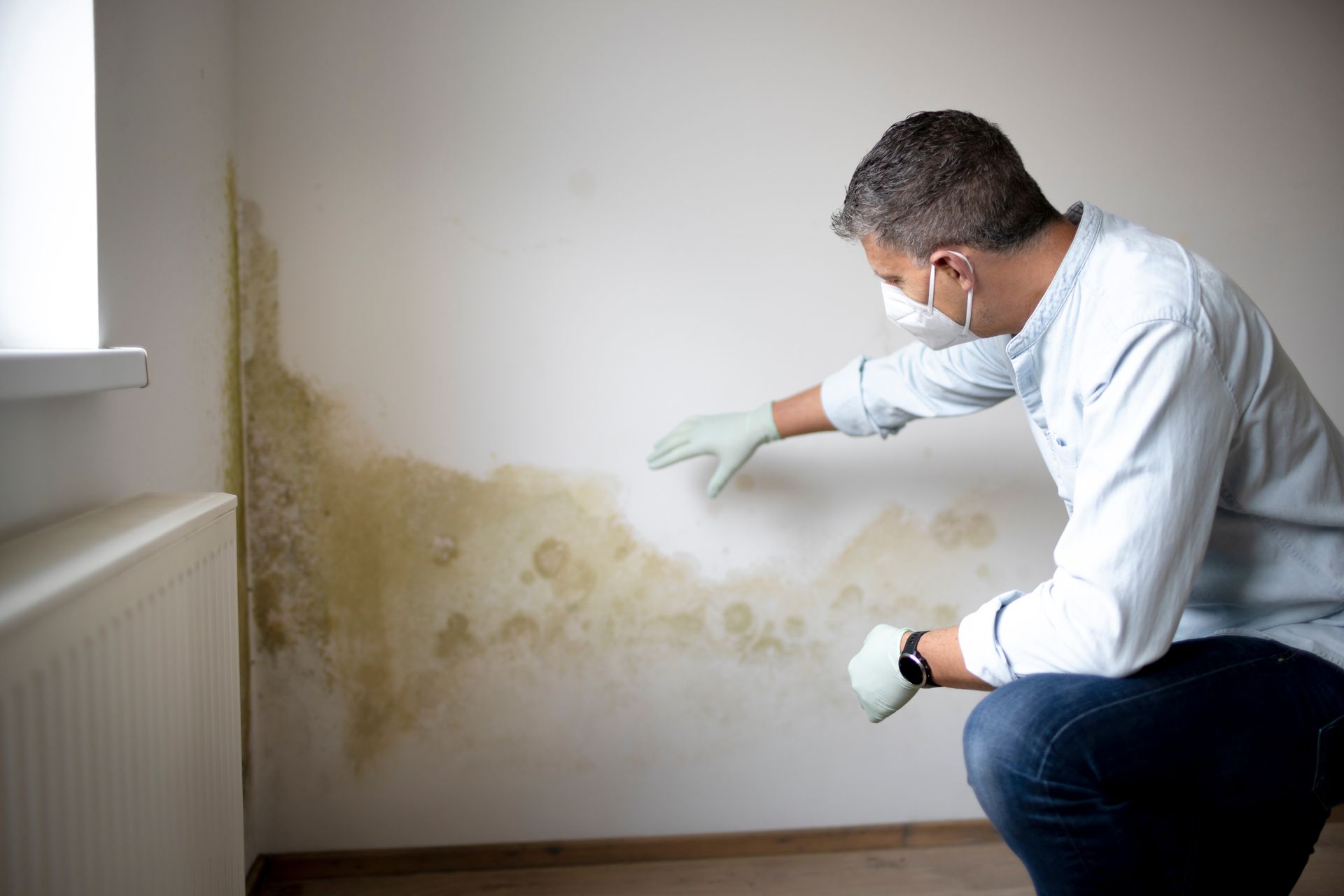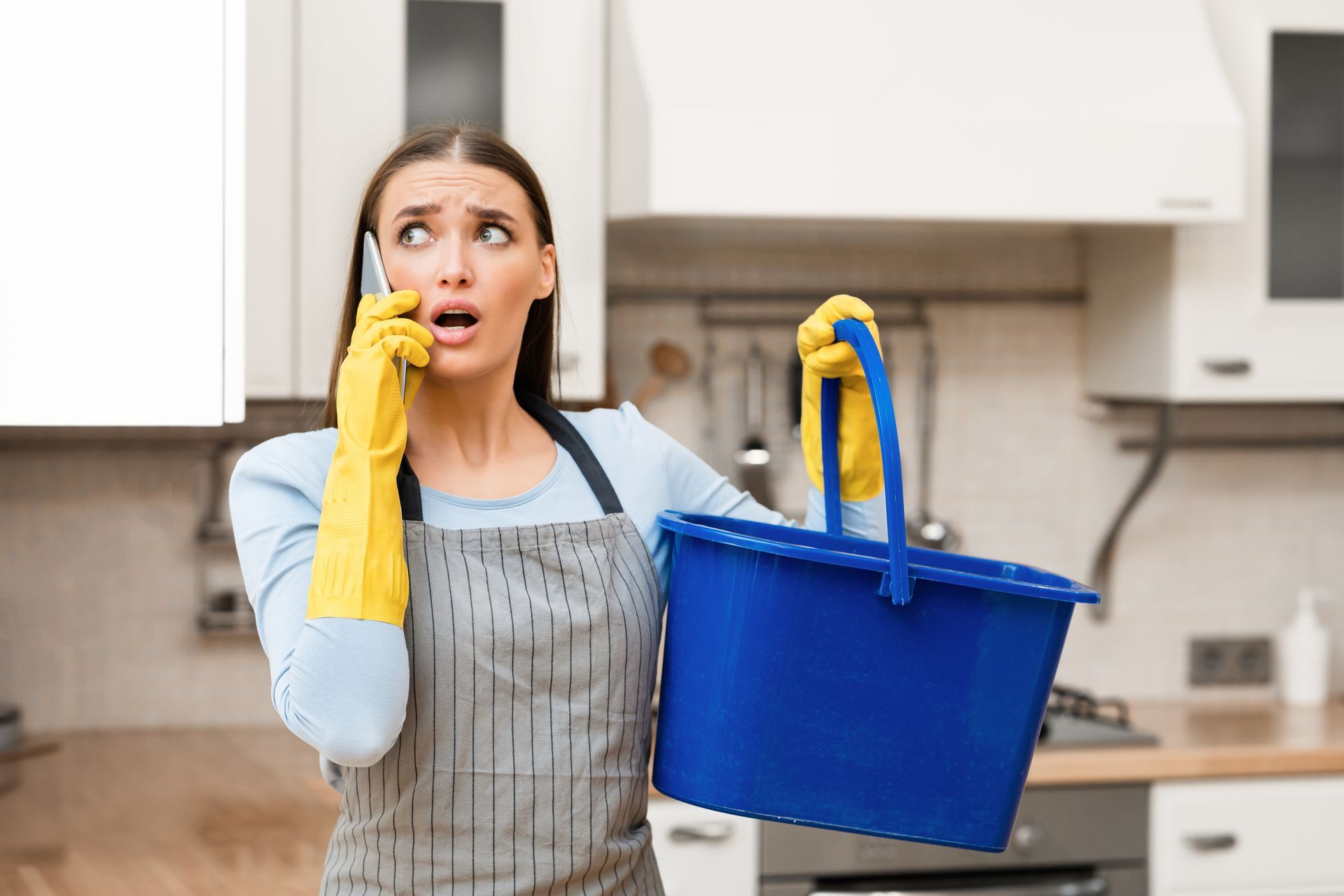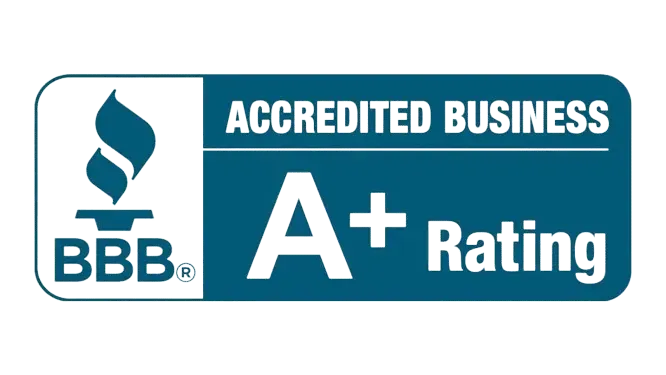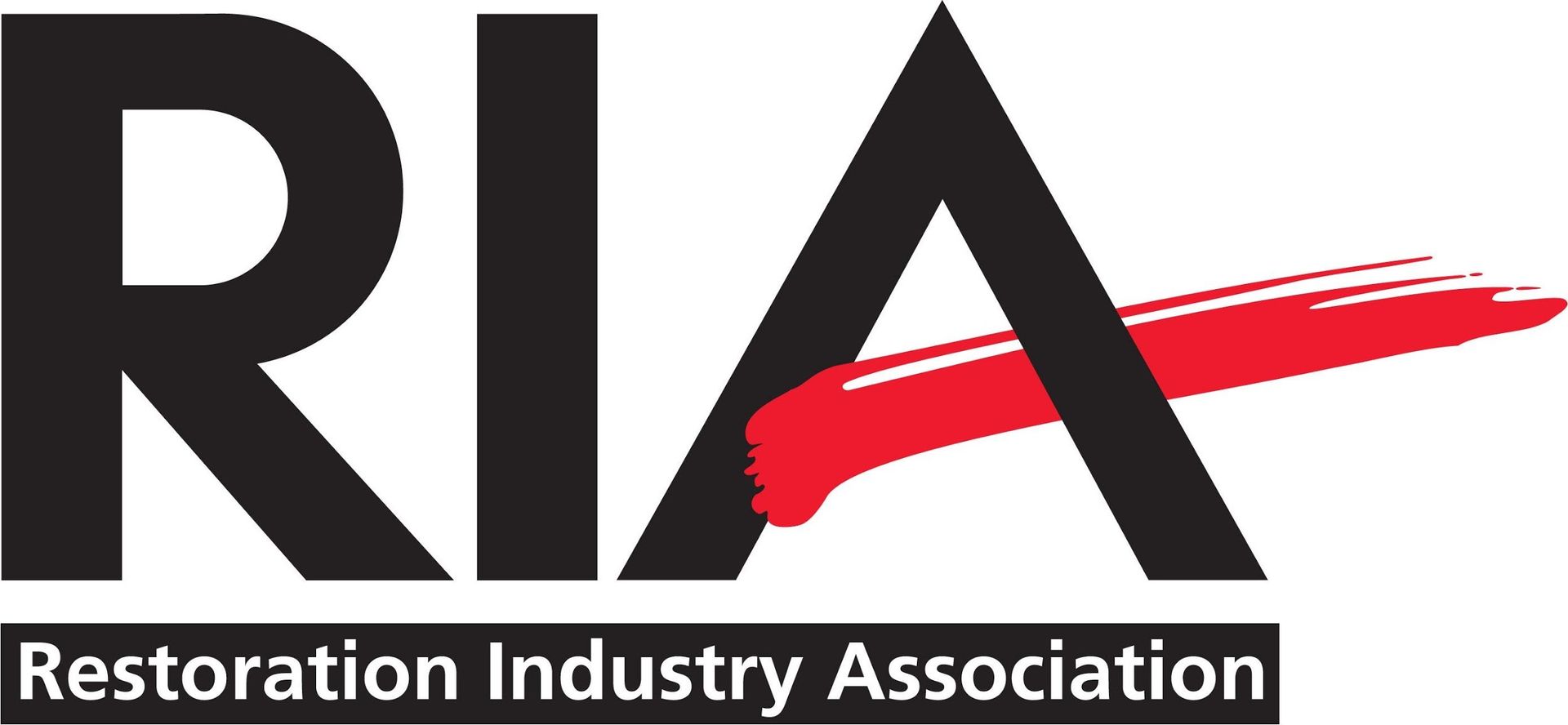The Importance of Regular Home Maintenance to Prevent Disaster Damage
Your home is one of your most valuable assets, and keeping it in good condition is crucial to preserving its safety and longevity. While emergencies like fires, floods, and mold infestations can seem unpredictable, regular home maintenance significantly prevents these disasters.
Preventing Fire Damage
Fires can be devastating, but many are preventable with proper maintenance and attention to safety measures. Here are some ways regular maintenance can reduce the risk of fire damage:
Smoke Detectors and Fire Alarms:
Test smoke detectors and fire alarms monthly to ensure they’re working properly. Replace batteries at least once a year and install new detectors every 10 years.
Electrical System Inspections:
Faulty wiring is a leading cause of home fires. Schedule regular electrical system inspections by a licensed electrician to identify frayed wires, outdated circuits, and overloaded outlets. Address any electrical issues immediately to reduce fire risk.
Chimney and Fireplace Maintenance:
If you have a fireplace or wood-burning stove, have your chimney cleaned and inspected annually to remove creosote buildup, a major fire hazard. Also, ensure the fireplace screen is in good condition to prevent sparks from escaping.
Appliance Care:
Clean lint traps in dryers regularly and vacuum behind appliances like refrigerators and ovens to prevent dust and lint from accumulating near electrical components. Always follow manufacturer recommendations for maintenance.
Clear Away Combustibles:
Keep flammable items, such as curtains, towels, and paper products, away from heat sources like stoves, space heaters, and candles. Regularly declutter to avoid fire hazards.
Preventing Water Damage
Water damage can be costly and lead to long-term structural issues and mold growth. Routine maintenance of your home’s plumbing and drainage systems can prevent leaks and floods before they start:
Inspect and Maintain Plumbing:
Check pipes, faucets, and fixtures for leaks or signs of corrosion, particularly in older homes. Address leaks immediately to prevent water damage from spreading. Consider insulating pipes in colder climates to prevent them from freezing and bursting.
Gutters and Downspouts:
Clean your gutters and downspouts at least twice yearly to ensure proper water flow away from your home’s foundation. Clogged gutters can lead to water pooling on your roof or around your foundation, causing leaks and water damage.
Roof Inspections:
Regularly inspect your roof for missing or damaged shingles, and have them repaired immediately. Water can seep through even small gaps, leading to significant interior damage over time. Also, ensure your attic has proper ventilation to prevent moisture buildup.
Appliance Maintenance:
Regularly inspect water-based appliances like washing machines, dishwashers, and water heaters for leaks or signs of wear. If hoses show signs of cracking or bulging, replace them every five years or sooner.
Basement and Foundation Checks:
Inspect your basement for signs of water intrusion, such as dampness, cracks, or standing water. Seal foundation cracks to prevent water from entering and consider installing a sump pump in areas prone to flooding.
Preventing Mold Damage
Mold thrives in damp environments and can spread quickly if not addressed. Routine home maintenance helps eliminate the conditions that promote mold growth and keeps your home healthy and mold-free:
Control Humidity Levels:
Mold grows in humid environments, so keeping indoor humidity levels between 30% and 50% is important. To do this, use dehumidifiers in areas like basements, bathrooms, and laundry rooms.
Ventilation:
Ensure proper ventilation in moisture-prone areas like bathrooms, kitchens, and laundry rooms. Install exhaust fans and use them when cooking, showering, or doing laundry to prevent condensation from building up.
Fix Leaks Promptly:
Address any leaks in your roof, plumbing, or foundation as soon as they appear. If left unattended, even minor leaks can lead to significant mold growth.
Regular HVAC Maintenance:
If not properly maintained, your heating, ventilation, and air conditioning (HVAC) system can be a breeding ground for mold. Change air filters regularly and schedule annual HVAC inspections to keep your system clean and moisture-free.
Monitor Windows and Doors:
Check around windows and doors for signs of condensation or water intrusion. Ensure that caulking and weatherstripping are in good condition to prevent moisture from seeping inside.
Benefits of Regular Home Maintenance
Performing routine maintenance doesn’t just protect your home from disaster damage—it also offers several long-term benefits:
Cost Savings: Regular upkeep helps you catch small issues before they become expensive repairs. Preventing water, fire, and mold damage can save you thousands of dollars in restoration costs.
Increased Home Value: A well-maintained home retains its value over time, making it more appealing to potential buyers if you ever decide to sell.
Peace of Mind: Regular maintenance gives you peace of mind knowing your home is in good condition and less likely to suffer from unexpected disasters.
Improved Safety and Health: Maintaining your home reduces health risks associated with mold exposure and fire hazards, creating a safer, healthier living environment for your family.
Conclusion
Regular home maintenance is your first defense against fire, water, and mold damage. By staying proactive and addressing issues before they escalate, you can protect your home, save money, and ensure a safe and healthy environment for years. Prioritize maintenance tasks like inspecting plumbing, cleaning gutters, servicing appliances, and controlling humidity levels to prevent disaster damage and keep your home in top condition.
For professional restoration services and expert advice on preventing home damage,
contact 75 And Sunny Remediation. We’re here to help you safeguard your home and provide peace of mind regarding fire, water, and mold prevention.






